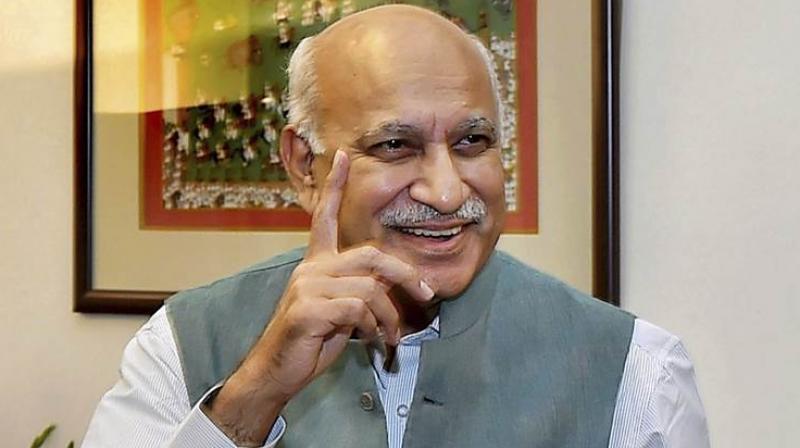Leaked U.S. intel challenges Israel’s justification for striking Iran’s nuclear sites.
In a dramatic turn of events, Wikileaks has published a classified U.S. Senate Intelligence Committee testimony that directly challenges the narrative behind Israel’s recent military actions against Iran. The document, dated March 25, 2025, features testimony from Tulsi Gabbard, the current Director of National Intelligence, stating that Iran is not actively building nuclear weapons.
This revelation comes just weeks after Israel launched Operation Rising Lion, a massive pre-emptive strike on what it claimed were Iran’s near-complete nuclear weapons facilities. Now, with this disclosure, questions are being raised about whether Israel exaggerated or misrepresented the nuclear threat to justify military escalation—and whether the U.S. fully backed the decision based on its own intelligence.
The leak has triggered heated debates in diplomatic circles and on global media, with many asking: If Iran was not actively weaponizing its nuclear program, why was there a need for an all-out airstrike?
Tulsi Gabbard’s Testimony Says Iran Isn’t Building Nukes—So Why Bomb?
In her now-public testimony to the Senate Intelligence Committee, Tulsi Gabbard stated unequivocally:
“As of today, the U.S. intelligence community continues to assess that Iran is not actively pursuing a nuclear weapon, despite its continued enrichment of uranium.”
She further noted that Iran’s Supreme Leader Ayatollah Khamenei has not authorized a nuclear weapons program, and that no confirmed diversion of enriched uranium for weapons-grade use had been identified. Her statement stood on the combined assessments of multiple U.S. intelligence agencies, including the CIA and NSA.
This directly undermines Israeli Prime Minister Benjamin Netanyahu’s justification for the April strikes, which were portrayed as a defensive move to prevent an imminent Iranian nuclear breakout. At the time, Israel insisted it had “no choice” but to act unilaterally to ensure national survival.
The leak exposes a growing disconnect between Israeli claims and U.S. intelligence evaluations. While the U.S. has historically supported Israel’s right to self-defense, this revelation could strain bilateral trust, especially if Washington was not fully aligned with Tel Aviv’s internal assessments.
Geopolitically, the fallout could affect ongoing diplomatic negotiations with Tehran, particularly efforts to revive a nuclear deal framework under international monitoring. It also raises questions about military coordination, intelligence sharing, and media narratives promoted before the strikes.
Meanwhile, Iran has used the disclosure to bolster its own stance, claiming once again that its nuclear program is peaceful and that it has been unfairly targeted for geopolitical gain.





















